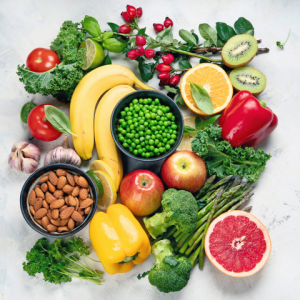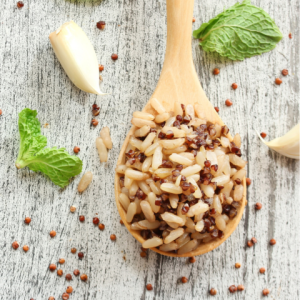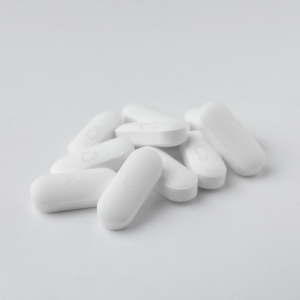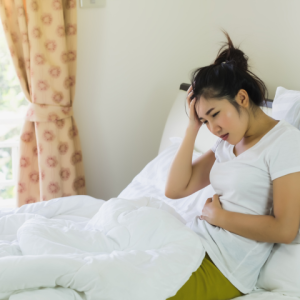“Struggling with your Iron levels? Not sure what you can do at home? Let’s take a look!”
Iron is an essential mineral required for the production of red blood cells and transport of oxygen throughout the body. Women are particularly susceptible to iron deficiency due to menstrual blood loss, pregnancy, and breastfeeding.
Dietary sources of iron can be divided into two categories: heme and non-heme iron. Heme iron is found in animal products such as red meat, poultry, and fish, and is more easily absorbed than non-heme iron. Non-heme iron is found in plant-based foods such as beans, lentils, nuts, and leafy greens. Vegetarians and vegans may need to consume more non-heme to meet their daily requirements. Apart from dietary considerations, lifestyle factors can also impact iron levels. Fortunately, there are several lifestyle and dietary tips that women can incorporate into their daily routine to support iron levels.
Supplementation at times may be necessary. However, it is important to consult with a healthcare professional before starting a supplement as the right type of iron is important.

1.
Eat a variety of iron-rich foods: Such as lean meats, seafood, leafy greens, nuts, seeds.

2.
Pair iron-rich foods with nutrients that support absorption.
Vitamin C: Try adding citrus fruits, lemon, tomatoes, or red peppers to your meals. Vitamin A & Beta carotene: Salmon, beef, sweet potato, green leafy vege, carrots, red peppers. Copper: Shitake mushrooms, sweet potatoes, sesame seeds, cashews.

3.
Limit caffeine intake: Consuming caffeine with meals can inhibit iron absorption, try consuming them at least an hour from iron-rich meals.

4.
Choose whole grains such as brown rice & quinoa.

5.
As calcium and zinc can inhibit iron absorption, take these nutrients separately at least a minimum of two hours from iron. If eating meat, then taking iron every second day can help.

6.
Regular exercise can improve blood flow and oxygenation, which can support healthy iron levels. Aim for at least 30 minutes activity most days of the week.

7.
Manage stress: Chronic stress can impact iron levels, so practicing stress-reducing techniques such as meditation, yoga, or deep breathing can be beneficial. Rest and self-care can also help reduce stress levels.

8.
Poor gut health (constipation, diarrhoea, bloating, reflux), poor immune health (recurrent infections, colds and flus) and heavy bleeding in your menstrual cycle can have a negative impact on your iron levels. If you suspect that this may be the case or your actually not sure why, we can investigate. Iron is more than just what your ferritin is doing.
Dr. Julia Dankowski – The Hormone Guru – Naturopath & Acupuncturist, is passionate about working with you in the management & journey of your fertile health. Julia is committed to helping you achieve your optimal fertile and emotional health for everyday living and preconception planning. Julia provides a supportive environment to allow you to reach your health goals no matter where you may be in life.






